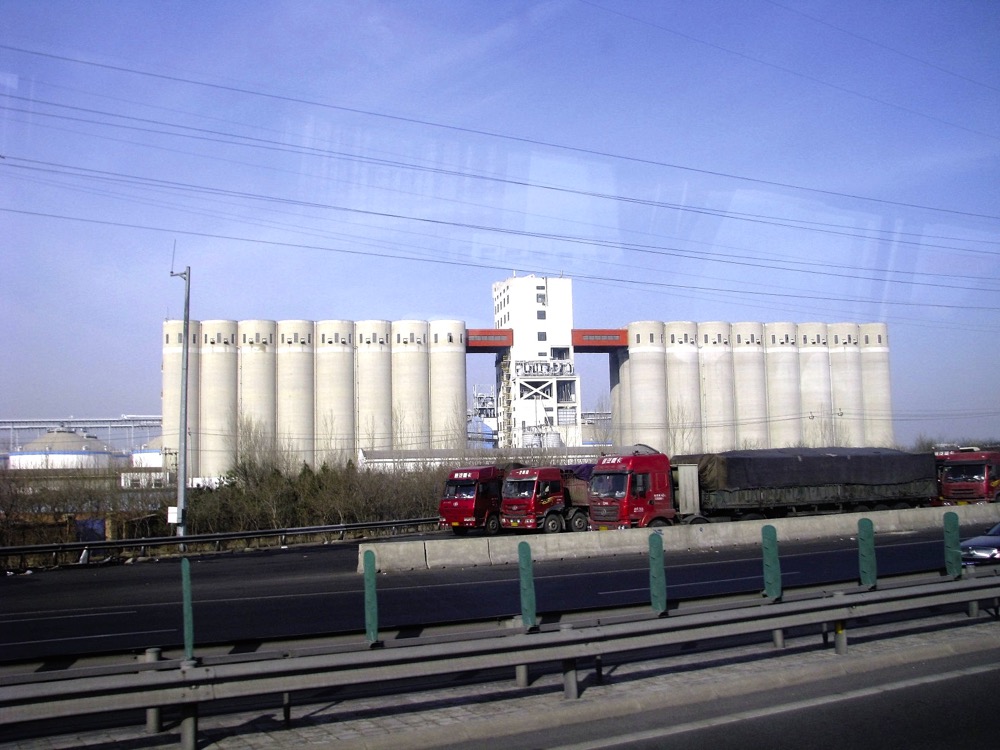All of us can probably already list the events in 2015 that are NOT going to reshape our farms or make us look back a few years from now with pride that we were here at the time.
Topping that list of no-shows is the federal election, scheduled for this fall.
From east to west and back again, our storage, transportation and sales infrastructure is crumbling. At the very least, it is falling further behind the world standard that our competitors are aiming for.
Similarly, our processing sector is ill matched to our farms and to our market opportunities, especially in livestock but also in oilseeds, grains and horticulture.
Read Also
Editor’s Note: No pressure
What is your playbook going into this year’s crop? Not an easy question to answer right now, given the global…
The truth is that our farms are much healthier than the business environment they are operating in. Agriculture needs investment, both for its own good and for the good of the country.
But this is not what the election will be about, in part because the parties believe there are sexier vote-getters, and even more because policy debate is so stifled.
I’m cynical enough to believe that this is partly by design. Farmers used to have healthy conversations with senior and mid-level federal bureaucrats. Those conversations helped both ways, by helping farmers imagine new policy options, and by helping the bureaucrats find areas badly in need of research and exploration.
Under the federal Tories, the days of such conversations are long gone. Admittedly, it must make it a lot more comfortable to the federal ag minister, but it certainly doesn’t serve agriculture well.
Nor do we expect any great change in the financial realities that our farms face. We may be proved wrong, but at this point it seems unlikely that any increases in interest rates will be excessive, or that land prices will suddenly either rise or fall so sharply as to reset farm outlooks.
Commodity prices are less predictable, of course, but there seems little reason to doubt that 2015 will be a treading-water sort of year, at least in grains and oilseeds.
But if there is no great change in the political, economic or financial forces that act on agriculture, does that mean that agriculture will have its own treading-water year, with little evolution?
On the contrary, my own sense is that the pace of evolution among Canada’s farms is intense, but that it is operating just below the surface.
Almost everyone believes that agriculture in 10 years will look very different than agriculture today, if only because so many farmers will have reached an age when they need to let go of the reins.
It’s hard to know exactly what that agriculture will look like, but it is getting easier to know who will be part of it. They’ll be the ones who, throughout 2015, make shrewd decisions to improve their skills as business managers. It’s going to make all the difference. Are we getting it right? Send me an email and let me know.












